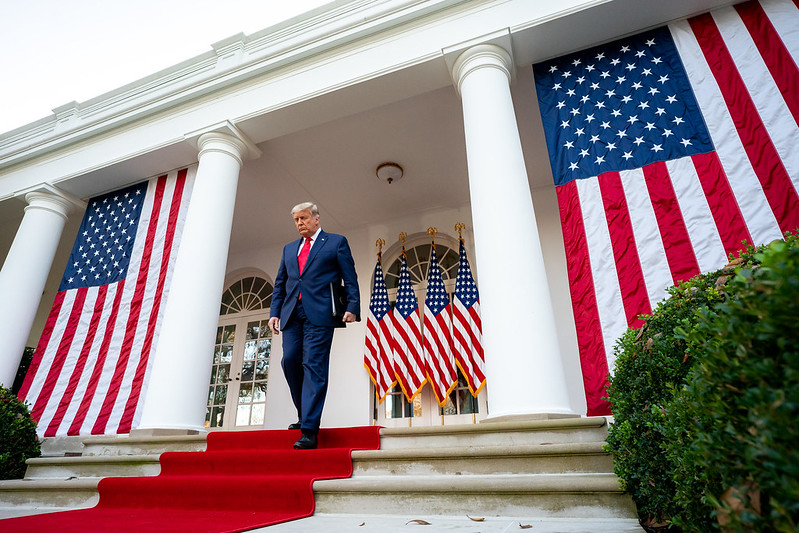The United States and China have reached a trade agreement aimed at easing tensions in the ongoing dispute between the world’s two largest economies, senior Trump administration officials announced Sunday. The deal was struck during negotiations between the two countries in Switzerland over the weekend, though specific details have yet to be released. Officials indicated that more information will be provided on Monday following a briefing to President Trump by Treasury Secretary Scott Bessent.
“A very good meeting today with China, in Switzerland. Many things discussed, much agreed to. A total reset negotiated in a friendly, but constructive, manner. We want to see, for the good of both China and the U.S., an opening up of China to American business. GREAT PROGRESS MADE!!!” the president said on Truth Social. Added Bessent: “A great deal of the productivity we’ve seen. We will be giving details tomorrow. But I can tell you that the talks were productive. We had the Vice Premier, two Vice Ministers who were integrally involved, Ambassador Jamieson and myself.”
“The U.S. has a massive $1.2 trillion trade deficit, so the President declared a national emergency,” US Trade Representative Jamieson Greer said Sunday. “We’re confident that the deal we struck with our Chinese partners will help us work toward resolving that national emergency.”
Saturday’s meeting lasted roughly ten hours and was described by Bessent as a “substantial” step toward negotiating meaningful tariff reductions for both countries. Trump has signaled a willingness to lower tariffs to as little as 50 percent—provided that China makes significant “concessions” and agrees to dismantle its own trade barriers. Trump appeared optimistic over the possibility of a reduction when introducing a new trade deal with the U.K. from the Oval Office on Thursday. “It’s at 145 so we know it’s coming down,” Trump told reporters. “I think we’re going to have a very good relationship.”
China, America’s third-largest trading partner, has frequently come under fire from the Trump administration for a range of adversarial actions, including the export of deadly fentanyl, intellectual property theft, currency manipulation, and other practices. In 2024, the U.S. posted a $295.4 billion trade deficit with China—a figure President Trump has consistently sought to reduce. During his first term, Trump imposed 20 percent tariffs on Chinese goods as part of his effort to combat the fentanyl crisis. His current trade approach, however, marks a significant escalation in that strategy.



